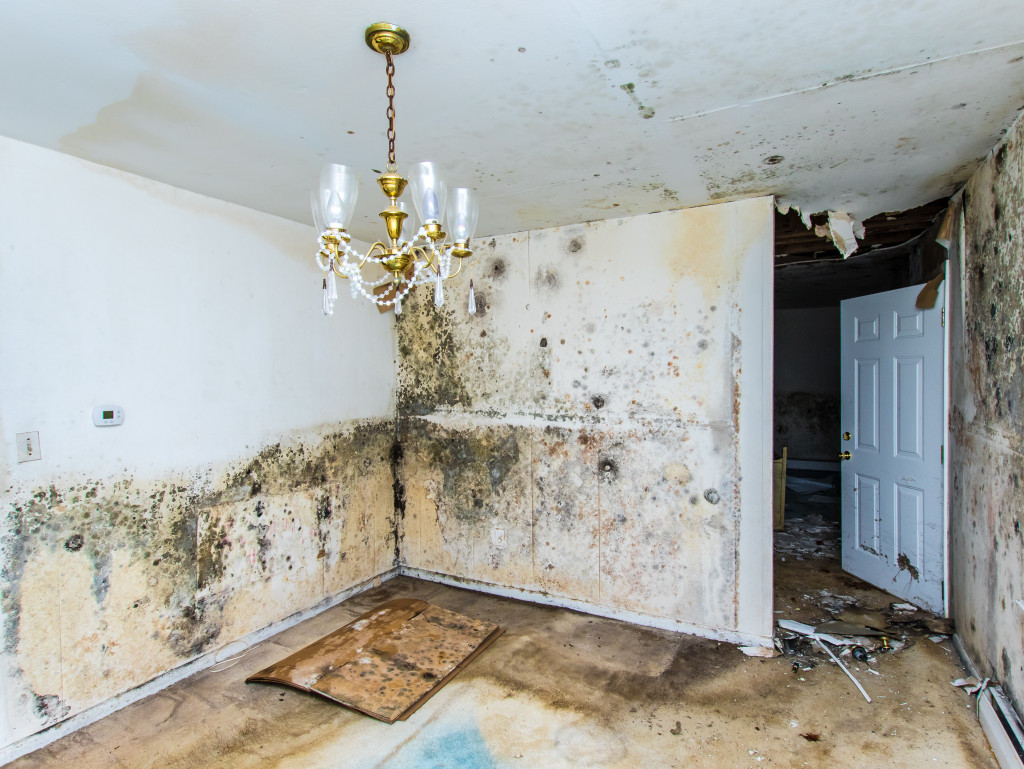• Molds are microscopic fungi that can cause health problems, home damage, decreased comfort, and financial burden.
• Keeping homes dry and well-ventilated can help prevent mold growth.
• Using dehumidifiers, air purifiers, and mold-resistant products can help manage mold problems.
• Hiring a professional mold remediation company can help eliminate mold and prevent it from spreading.
• Taking proactive steps to identify and remove mold can help keep your home safe and comfortable.
Mold is a fungus that thrives in damp environments and can cause various health problems if left untreated. It can be found in any part of our homes, including walls, carpets, ceilings, and furniture. Mold problems can affect your health, your home, and your lifestyle. Here are various ways mold can impact your life and what you can do to prevent and manage it.
What are Molds?
Molds are microscopic fungi that exist naturally in the environment. They need food, moisture, and warmth to grow and thrive. When these conditions are present, molds can reproduce by releasing tiny spores into the air and onto surfaces that can be inhaled. These mold spores can cause health problems such as allergic reactions, asthma attacks, and respiratory infections. Here are ways it can affect your life.
Health Problems
Mold exposure can have serious health consequences, especially for people with respiratory problems, allergies, or weakened immune systems. It’s estimated that about 21 million people in the U.K. have allergies, which molds in their household can trigger.
Symptoms of mold exposure include coughing, sneezing, watery eyes, sore throat, skin rashes, and even asthma attacks. Prolonged exposure can lead to more severe health conditions such as pneumonia, bronchitis, or fungal infections. Infants, young children, and elderly people are at higher risk of developing health problems from mold exposure.

Home Damage
Mold can cause significant damage to your home, including structural damage and aesthetic deterioration. It can weaken walls, floors, and ceilings, making them vulnerable to collapse. In addition, mold can destroy carpets, furniture, and other household items, resulting in costly repairs or replacements. Mold can also cause unpleasant odors and stains, making your home uninviting and uncomfortable.
Decreased Comfort
Mold can decrease the comfort level of your home, affecting your quality of life. It can cause humidity, stuffiness, and unpleasant odors, making your home feel damp and musty. Mold can also attract insects and other pests, reducing comfort and safety. Additionally, mold can make your home less inviting for guests, affecting your social life and relationships.
Financial Burden
Mold problems can be costly, both in terms of health and finance. Health problems from mold exposure can lead to medical bills, missed workdays, and decreased productivity. Home damage caused by mold can result in expensive repairs or replacements, depending on the severity of the damage. Moreover, managing mold problems can be time-consuming and stressful, affecting overall well-being.
Prevention and Management
Preventing and managing mold problems is essential for maintaining a healthy and comfortable home. Keeping your home dry and well-ventilated can help prevent mold growth. Fixing leaks and cleaning up spills immediately can also prevent mold from flourishing. Moreover, dehumidifiers, air purifiers, and mold-resistant products can help manage mold problems. Hiring a professional mold remediation company can also help eliminate mold and prevent it from spreading.
How to Deal With Molds in Your Home
There are various ways to deal with molds in your home. Here’s how you can get started:

Start With Your Bathroom
One room in your household that’s particularly prone to mold is the bathroom. Mold often thrives in damp and humid environments, so keeping your bathroom dry and well-ventilated is important. Taking regular showers with a fan on can help reduce moisture, as can using dehumidifiers or air purifiers.
Moreover, it might be good to remodel your bathroom. You can hire local bathroom fitters to do this for you. The fitter can install a shower tray that can help keep moisture contained and reduce potential mold growth. They can also install mold-resistant tiles and a fan in the ceiling to help reduce humidity.
Check All Rooms for Mold
Mold can grow anywhere in your home, so inspecting all rooms regularly is important. Be sure to check areas such as carpets and furniture, as they can be susceptible to mold growth. If you find any signs of mold, remove the affected materials immediately and clean the area with a mildew-killing solution.
Have Professional Help
If your mold problem is more severe, you may consider hiring a professional mold remediation company. These companies are experienced in identifying, removing, and preventing mold from spreading further. They can also help you assess other potential causes of moisture intrusion or ventilation problems in your home that may have contributed to the issue.
Mold can cause various health problems and damage your home if left untreated. Taking proactive steps can help prevent mold growth. Moreover, having a professional assess the problem can help you eliminate mold and determine the best action to prevent future problems. By taking these steps, you can keep your home safe and comfortable.
